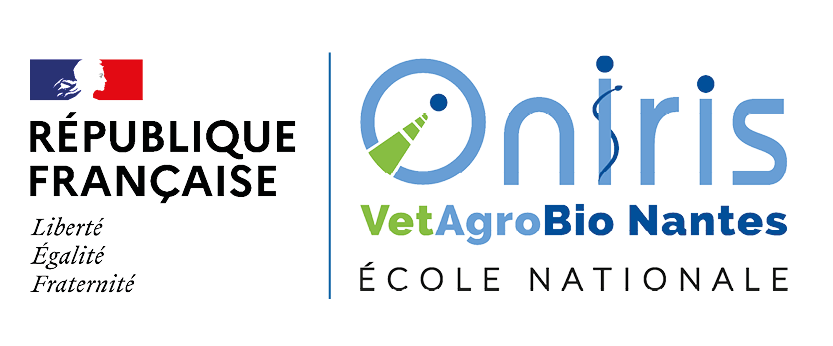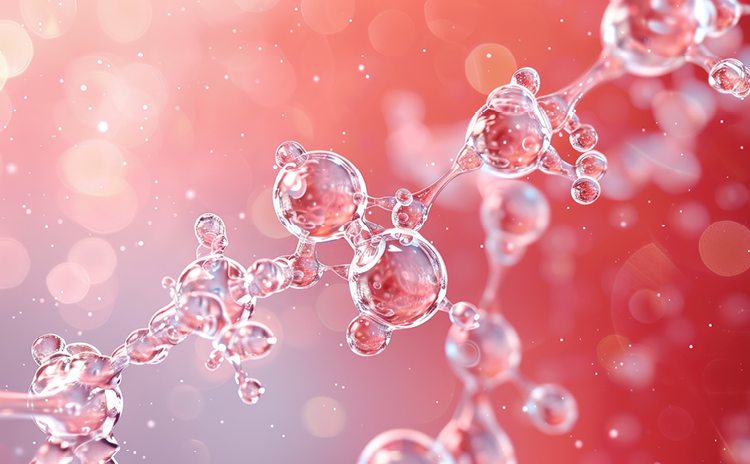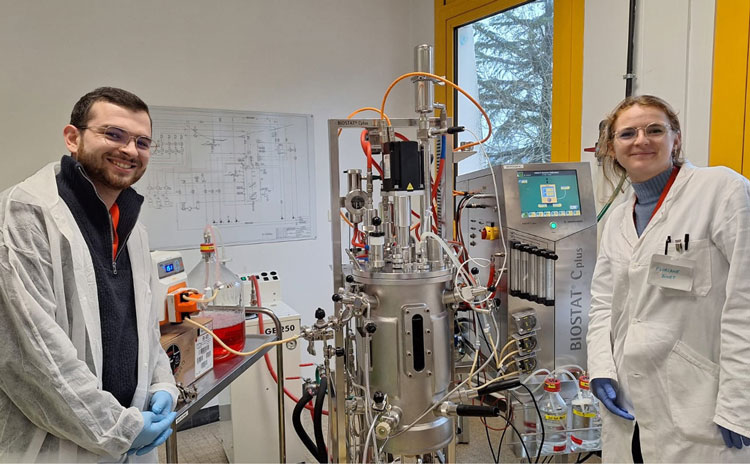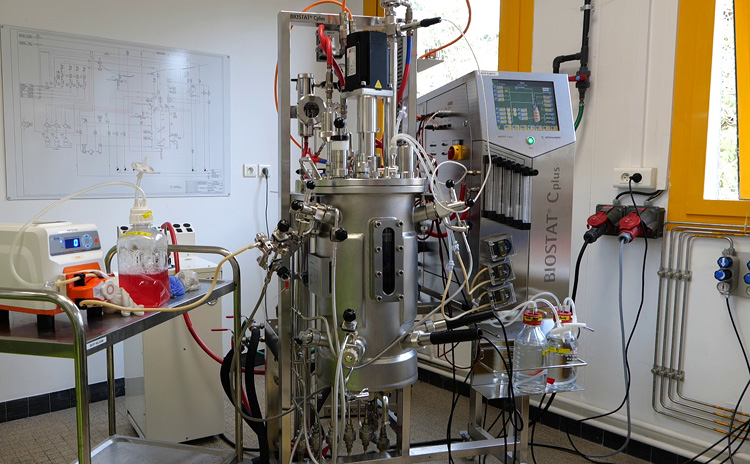Discover our article on the three-step evolutionary production of extracellular vesicles.
IECM (USC 1383/Oniris)
Cellular and Molecular Immuno-Endocrinology
Unit presentation
The unit at a glance
Some figures: :
- One laboratory on the two Oniris VetAgroBio Chantrerie and Géraudière sites.
- Seven researchers and research professors.
- Seven engineers (AI, IE, IR).
- 4 technicians and administrative staff
- 2 doctoral students
- Student interns (Master's 2, engineers, veterinarians, etc.)
- 1 A1 and A2 rodent animal facility
- 1 bioproduction platform for innovative therapeutic drugs (B-FHIT)
- 1 immunomonitoring platform
Discover IECM on video :
News from our unit!
Discover the B-FHIT platform
The Cellular and Molecular Immuno-Endocrinology Unit (IECM) is an Oniris and INRAE unit (USC1383) attached to INRAE's Animal Health Department. The IECM Unit focuses its research on studying the effects of pancreatic microenvironment stress on autoimmunity leading to type 1 diabetes and the impact of stress on anti-infectious immunity in pigs. This research includes the identification of original biomarkers (microRNAs, extracellular vesicles) and the development of innovative therapeutic approaches (extracellular vesicles, cell xenotherapy and bioartificial pancreas).
The IECM Unit is developing expertise in immunology, biotechnology, functional testing and integrative biology (particularly using pig models) and is part of a ‘One Health, One Medicine’ and translational approach. The integration of researchers, pharmacists, veterinarians and human medicine clinicians within the unit makes it possible to envisage the transfer of new pre-clinical concepts to clinical research in animal and human health.
Research themes
The research carried out in the unit is based on two themes:
- Pancreatic beta function, development and maturation in regard to weaning.
- Development of innovative biotherapies that use extracellular vesicles derived from pancreatic beta cells
Teaching
The teaching and research staff at the IECM Unit organise and deliver initial training in physiology, physiopathology and biotechnology to veterinarians and engineers at Oniris. They are also involved in organising Master II courses at the University of Nantes: "Biology, Biotechnology and Therapeutic Research" (course unit responsibility, jury, co-accredited by Oniris), "Biotherapies, Innovative Medicines and Therapies" (UE responsibility) and "Health Bioproduction" (programme responsibility, open since September 2022), in the new Graduate Programmes at Nantes University, in particular the MICAS GP (Microbiota, Food, Health) as well as in various committees of the Biology-Health Doctoral School.
Experiment facilities
The IECM Unit participated in the creation of the Oniris Preclinical Research and Investigation Centre (CRIP) and is involved in two platforms:
- The A1 and A2 rodent animal facility: With a capacity of 1,000 rodents, the 350m² animal facility comprises several housing areas for EOPS, A1 and A2 animals. It also has two experimental rooms equipped for rodent surgery.
- The immunomonitoring platform: Using various tools (flow cytometer, ELISPOT, etc.), it offers the possibility of analysing immune responses in humans and animals as part of collaborations or services provided to academic laboratories and private organisations. The platform is also equipped with a qNano (IZON), an instrument based on Tunable Resistive Pulse Sensing technology which uses nanopores of different sizes to measure and quantify the size of nanoparticles. This tool is particularly suitable for characterising extracellular vesicle subpopulations.
The unit is also responsible for the B-FHIT (Bioproduction for Health and Innovative Therapy) platform, supported by the Pays de la Loire region as part of the ‘Infrastructures de recherche ligériennes’ (Loire Valley Research Infrastructure) programme. This platform, located at the Géraudière site, offers continuity between upstream and downstream stages within a single structure, with tools for characterising biotherapies and, more specifically, extracellular vesicles. It has laboratory-scale and pilot-scale equipment to optimise and evaluate the impact of scaling up bioproduction processes on the quality attributes of biotherapies.
Unit management
Director :
Julie HERVE
Deputy Director :
Blandine LIEUBEAU
Contact
Write to us
julie.herve@oniris-nantes.frContact the secretariat
02 40 68 78 04The unit at a glance
The IECM unit develops research projects in the field of human type 1 diabetes and animal health, including the generation of knowledge on relevant pathophysiological mechanisms, the identification of cellular and molecular biomarkers and the development of innovative immuno-intervention approaches.

![[Translate to English:] iecm](https://www.oniris-nantes.fr/fileadmin/Ecole/Images/Recherche/unites_recherche/IECM/logos_unite_iecm.jpg)



